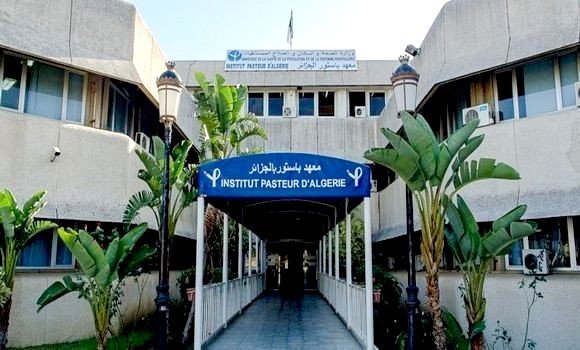
No suspected or confirmed case of monkeypox infection has been detected or recorded in Algeria to date, the Algerian Pasteur Institute (IPA) said Tuesday in a statement.
“Following the information note published on 22 May 2022 on monkeypox, the Pasteur Institute of Algeria informs that to date, no suspected or confirmed case of this infection has been detected or recorded in Algeria,” the same source said, adding that “for any new information, the Institute will keep the population informed via its website www.pasteur.dz and its official Facebook page.
In this information note, the IPA explains that “Monkeypox is a rare disease caused by infection with the monkeypox virus, which belongs to the genus Orthopoxvirus of the family Poxviridae”, adding that “the genus Orthopoxvirus also includes smallpox virus (which causes smallpox), vaccinia virus (used in the smallpox vaccine) and bovine pox virus”.
According to the IPA, transmission of the virus occurs “when a person comes into contact with the virus from an animal, human being or material contaminated with the virus”.
According to the note, “the virus enters the body through a lesion on the skin (even if not visible), the respiratory tract or the mucous membranes (eyes, nose or mouth), while transmission from animals to humans can occur through bites or scratches, the preparation of bushmeat, direct contact with body fluids or lesion material, or indirect contact with contaminated material, such as contaminated bedding.
The IPA briefing note also notes that “human-to-human transmission is mainly by large respiratory droplets”, explaining that these “generally cannot travel more than a few metres, requiring extended face-to-face contact”.
Other modes of human-to-human transmission include “direct contact with body fluids and indirect contact with contaminated material, such as contaminated clothing or linens,” the same source adds.
In terms of preventive measures, the IPA says that “as with the Coronavirus, barrier measures can be useful”, including wearing masks in closed and populated areas, hand washing and social distancing.
In this regard, the Institute recommends a number of specific measures to be taken in order to prevent infection by this virus, such as “maintaining a minimum distance of one metre from other people, especially if they are coughing, sneezing or have a fever, avoiding contact with animals that may harbour the virus, avoiding contact with materials, such as bedding, that have been in contact with a sick animal, and isolating infected patients from other people who may be a risk of infection”.
It is also advisable to adopt good hand hygiene after contact with infected animals or humans, such as washing hands with soap and water or using a hydro-alcoholic solution, just as it is recommended to use personal protective equipment (PPE) after contact with patients.
The same source recalls that a first case of monkeypox was confirmed on 7 May 2022 in Europe in an individual returning to England from Nigeria.





